I'm a complete noob when it comes to C++ and I've been hacking away on Moai trying to add support for an Xbox 360 gamepad via XInput. When I include the header for XInput there are two options:
- XInput

and
- Xinput

Further, in order to use XInput I need to include windows.h. All the examples I've seen use the following syntax:
#include <windows.h>
But the auto complete in Visual C++ Express 2010 inserts
#include <Windows.h>

In the case of XInput/Xinput it seems that case-sensitivity matters but in the case on Windows.h it does not seem to matter.
Does case-sensitivity matter when including header files? Is there some logic to this?
Is the XInput difference simply a matter of there being a header for something called XInput and another something called Xinput?